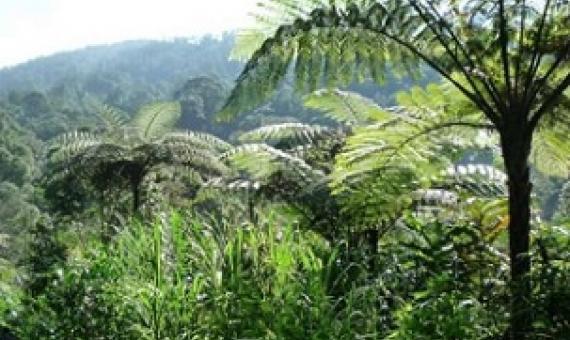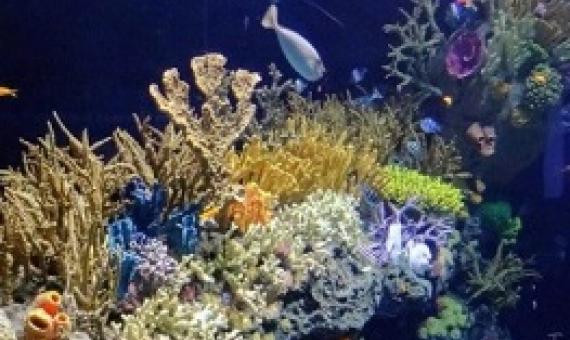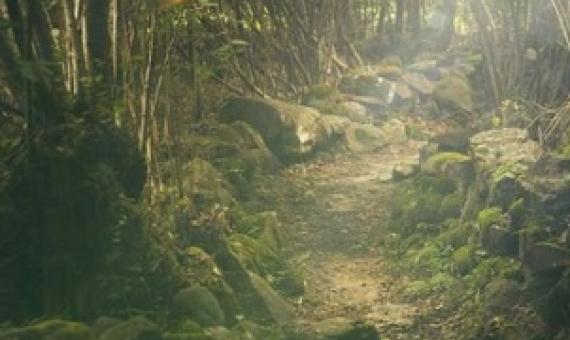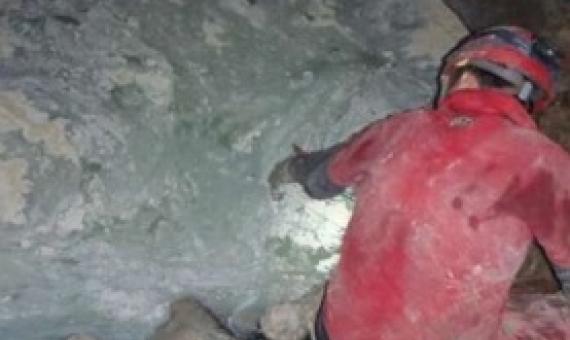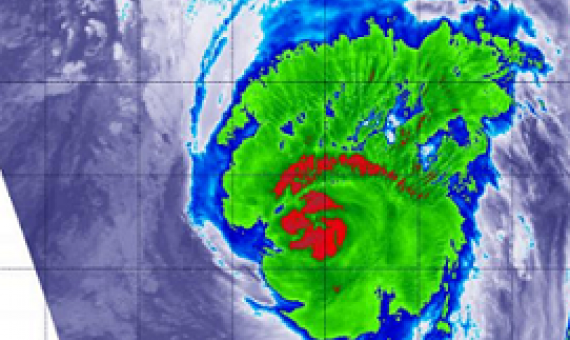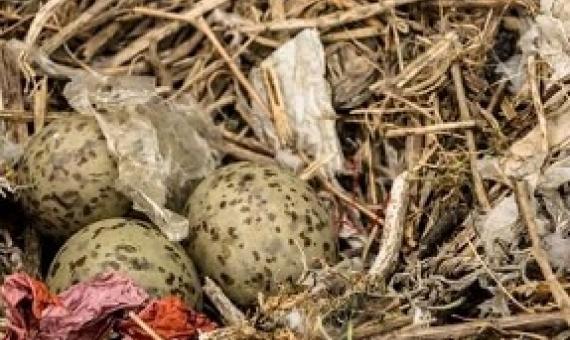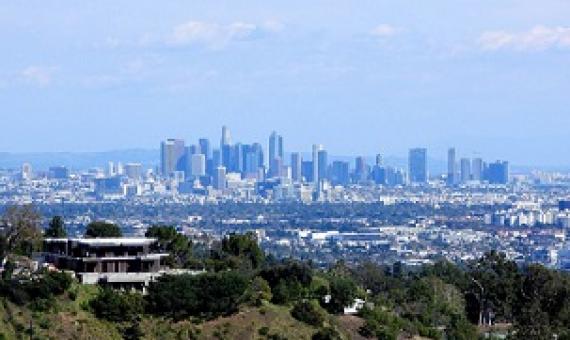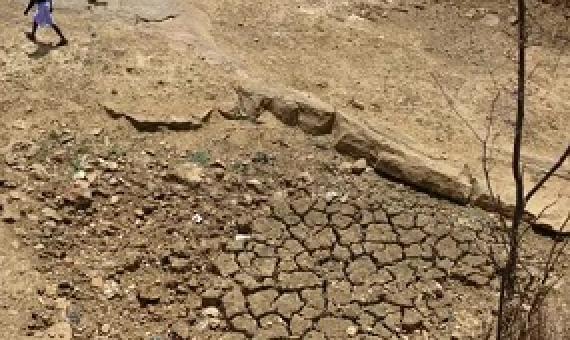Many island nations, including the Maldives in the Indian Ocean, are facing an existential threat as a result of a rising sea level induced by global climate change.
With their rich repertoire of anti-infective substances, medicinal plants have always been key in the human fight to survive pathogens and parasites. The search for herbal drugs with novel structures and effects is still one of the great challenges of natural product research today.
Matt Wolf’s documentary Spaceship Earth, which premiered at this year’s Sundance Film Festival – and released digitally worldwide last Friday – charts the determination of a group of countercultural visionaries who used art and community to foster a connection with nature.
Two recent studies shine a light on a relatively new field of study: the means by which climate tipping points can lead to ecosystem collapse, and how quickly such crashes might occur.
Plants and vegetation play a critical role in supporting life on Earth, but there is still a lot of uncertainty in our understanding of how exactly they affect the global carbon cycle and ecosystem services.
The Monte Conca cave system on the island of Sicily is a vast system of springs and pools, sitting below a nature preserve. It might be presumed to be one of the few places untouched by human-driven pollution.
The COVID-19 pandemic is a complex global crisis without contemporary precedent. In just about every country around the world, the pandemic response is taking up the bulk of resources, expertise, time and effort.
Researchers have found that plastic debris is incorporated in up to 80% of seabird nests. For the first time, it has now been identified where that plastic might come from—at least for some of the species studied.
Since millions of Californians began staying at home and off the roads in March, air quality in the Golden State has visibly improved. Once life returns to normal, however, air pollution levels are likely to return to their prepandemic levels.
The human cost of the climate crisis will hit harder, wider and sooner than previously believed, according to a study that shows a billion people will either be displaced or forced to endure insufferable heat for every additional 1C rise in the global temperature.


